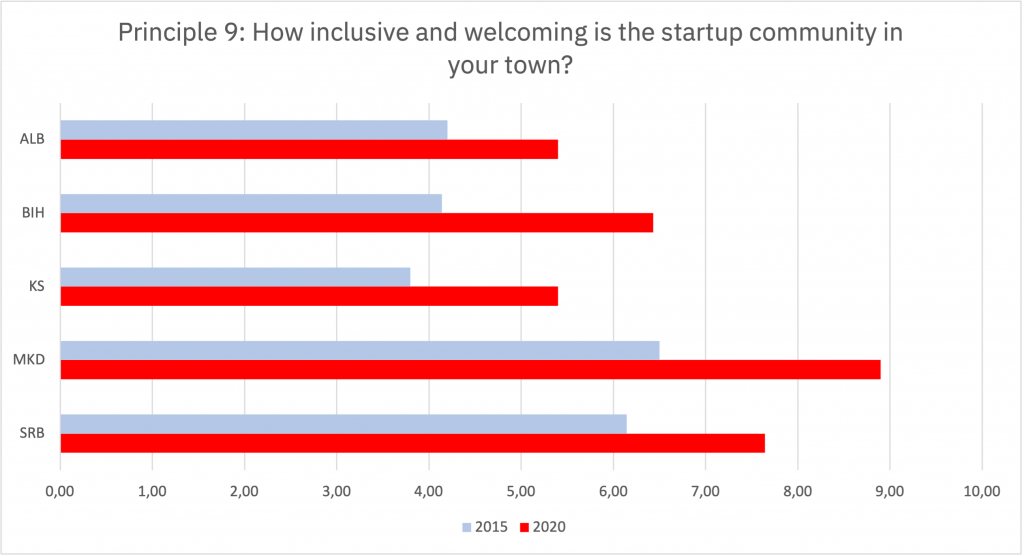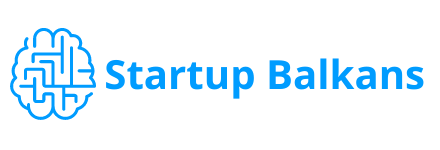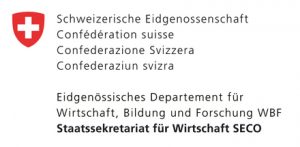According to Brad Feld, the startup community must be inclusive of anyone who wants to participate. To solve complex challenges there is a need for multiple perspectives. Radical acceptance of a broad range of ideas, identities, and experiences builds the trust necessary to unlock the creative potential of the entire community.
To test to what extent the words of Feld hold true in our five Balkan countries, we asked our interviewees “How inclusive and welcoming is the startup community in your town?”
On average, we see steady improvement of the local startup community’s inclusiveness (34%) compared to five years ago. There is very little difference in the improvement rate among the five countries, while it is interesting to note that North Macedonia’s score is exceptionally high at 8.9 (0 to 10 scale), followed by Serbia at 7.6. The collective answer of the respondents confirms that the characteristic of Balkan hospitality remains strong, also within the startup community.

Looking closer at the interviewees’ answers and comments, they address the concept of inclusiveness in a nuanced and context-specific way. There is a recognition among the interviewees that inclusiveness is crucial, but just because a startup community is inclusive and open does not mean it is automatically successful. The majority of the interviewees highlighted that everyone is welcome and given a chance in the community, and that a community is a give and take proposition. Too much ‘taking’ and not enough ‘giving’, and the trust-building that Feld refers to is not happening. And without trust among the participants there is simply no community.
Many interviewees explained that they did not accept just anyone at the beginning of forming a community. They had informal criteria in place, which they applied when deciding to welcome somebody new or not. This sounds more like a club than a community. Perhaps this is the typical development path of communities in the Balkan context. It starts with a small group of like-minded people, who trust each other. They gather around a vision and goal and set out to structure their dialogue and collaboration. As they grow in experience and confidence, they begin to invite new members, effectively moving from ‘Club’ mode towards ‘Community’ in mentality and approach.
While the above-mentioned community-building path is bottom-up and driven by individuals with a long-term vision, many interviewees highlighted the presence of another type of ‘community’ in the ecosystems, one that operates more top-down and short-term. This refers to groups of entrepreneurs and companies brought together by donor-funded projects. In these cases, project managers and selection criteria determine if someone is eligible to access project resources. This approach to community-building comes across as artificial and even a bit forced, and it is temporary in nature as projects have pre-defined end dates. It sounds more like the entrepreneur receives a short-term membership in a ‘club’, rather than she/he makes a long-term commitment to a ‘community’.
It is essential to highlight the importance of donor-funded projects taking a bottom-up and demand-driven approach in engaging with the startup community and ensuring that the driving agents of change are local actors with skin in the game and a long-term commitment to the startup community.




